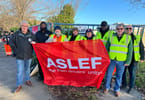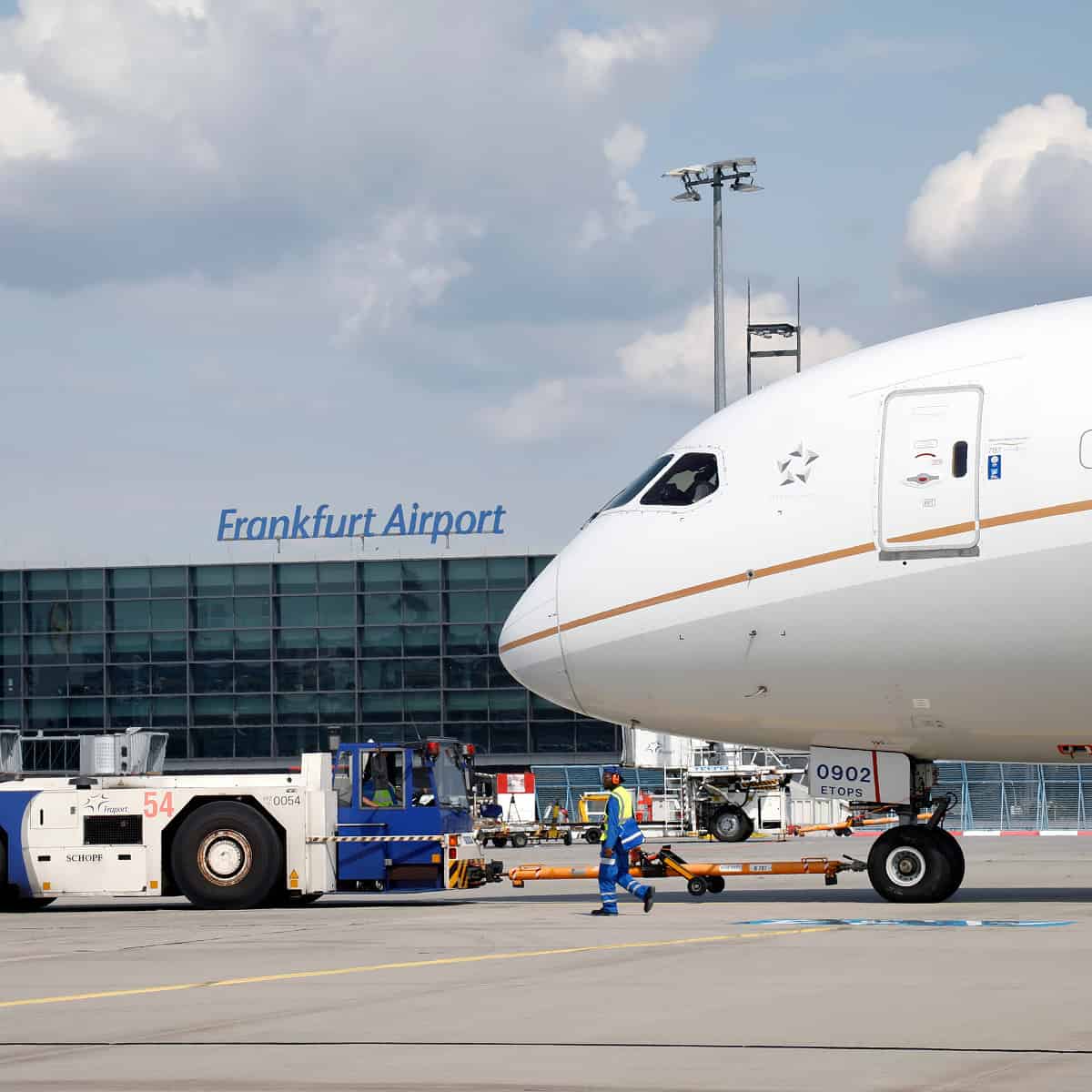ABIDJAN, Côte d’Ivoire – At the semi-annual Climate Investment Funds (CIF) governing body meetings in Washington, DC this week, countries unanimously signaled their commitment to the CIF mandate going forward, and opened the door for African low-income countries to move forward with new plans for green energy services, resilience to climate impacts, and better managing crucial forests.
Under the Program for Scaling-Up Renewable Energy in Low Income Countries (SREP), countries signaled their strong support for countries in Africa and elsewhere to develop SREP investment plans and associated projects. This would build on the June 2014 SREP agreement to fund nine new African nations to become SREP pilot countries.
Under the Pilot Program for Climate Resilience (PPCR), countries agreed to invite a set of new pilot nations, with a number likely to be selected from Africa, to come forward as pilot countries to develop Strategic Programs for Climate Resilience, national policy-based instruments through which the PPCR would support projects to build climate resilience. The countries also agreed to expand the PPCR facility to engage private sector investments aimed at innovative solutions in climate resilience and adaptation.
Under the Forest Investment Program (FIP), donor nations welcomed the leadership work taking place in the three African FIP pilot nations of Democratic Republic of Congo, Ghana and Burkina Faso, and signaled their desire to support these and other countries to move speedily forward with integrating their REDD+ strategies in their FIP projects on the ground.
“This strong signal of support is a positive step forward for Africa’s sustainable development,” stated Kurt Lonsway, Manager, Environment and Climate Change at the African Development Bank (AfDB). “Even as the global climate finance architecture evolves, it is fundamental for key mechanisms like the CIF to continue to shore up their support to the countries running climate-smart projects, and to welcome new countries standing in line for climate finance support. Today, nearly half of Africa’s countries are dedicating themselves to these innovative approaches, and we welcome the ongoing support for their efforts.”
At the meetings, the governing bodies were also apprised of some of Africa’s forward-looking work to engage the private sector in climate-smart development. The AfDB-supported Olkaria IV Geothermal Power Plant project in Kenya, for instance, was showcased for its strong capacity to leverage new finance, a critical component of CIF-based programming, as it is currently garnering co-financing at a rate of 20:1. The project was also praised by the SREP private sector set-aside expert group for creating new partnerships between commercial project developers, local banks, local suppliers, and the Government of Kenya.
The African Development Bank, one of the CIF’s five implementing agencies, works with Africa’s countries in partnership with the World Bank and other institutions to help ensure that the countries’ work is effective and timely, and that the CIF infusion garners additional financing from other sources, including the private sector.
WHAT TO TAKE AWAY FROM THIS ARTICLE:
- Under the Pilot Program for Climate Resilience (PPCR), countries agreed to invite a set of new pilot nations, with a number likely to be selected from Africa, to come forward as pilot countries to develop Strategic Programs for Climate Resilience, national policy-based instruments through which the PPCR would support projects to build climate resilience.
- Under the Forest Investment Program (FIP), donor nations welcomed the leadership work taking place in the three African FIP pilot nations of Democratic Republic of Congo, Ghana and Burkina Faso, and signaled their desire to support these and other countries to move speedily forward with integrating their REDD+ strategies in their FIP projects on the ground.
- “Even as the global climate finance architecture evolves, it is fundamental for key mechanisms like the CIF to continue to shore up their support to the countries running climate-smart projects, and to welcome new countries standing in line for climate finance support.






















